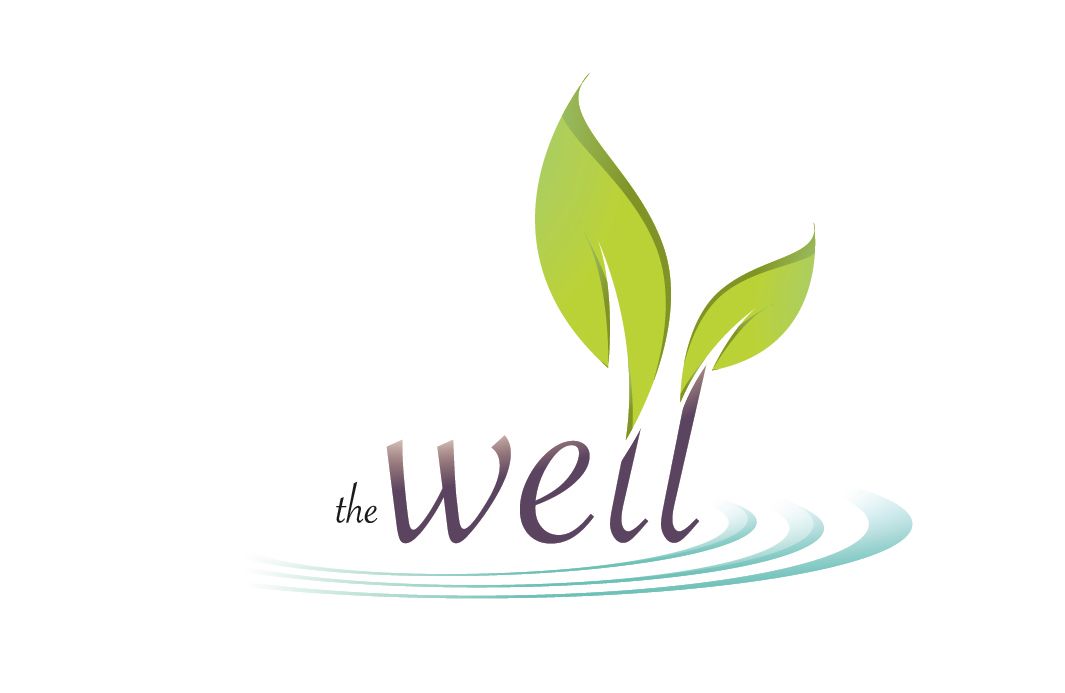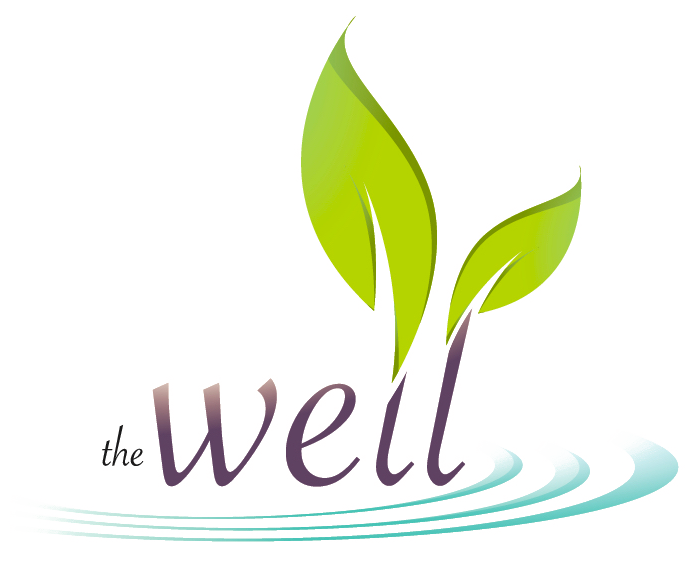Counseling for Friends & Family Members Suffering with Substance Abuse Disorders
Watching a partner or loved one suffer from addiction is painful. Healing from the trauma of a past partner or family member’s addiction can be a long and difficult journey. Counseling can help both the person struggling with an addiction and the person who loves the addict learn to connect, hold boundaries and practice healthy communication.
Addiction is often rooted in early trauma and disconnection within families and other important relationships. The addictive coping behavior becomes an escape and a way to numb pain and other uncomfortable feelings. Addictions can also start with the experimental use of a substance in social situations or with the experimental use of other maladaptive coping strategies like pornography consumption, restricting food intake, internet or gaming, gambling etc. In most cases use becomes more frequent over time and the brain responds with an elaborate neurochemical high that feels good. As time passes, a person may feel the need to use more of a drug or coping strategy to get their desired high, and soon a person may need the drug or coping strategy to simply feel “good.” The brain creates strong neural connections that can feel very difficult to break.
When we see this happen to a loved one, we do everything we can to help. But sometimes, our unconditional love simply isn’t enough. Sometimes we can develop codependent ways of coping with a loved one’s addiction that include rescuing our loved one, keeping secrets, hiding substances, and other enabling behaviors.
Signs and symptoms of recent use include:
- The feeling of exhilaration and excess confidence
- Increased alertness
- Increased energy and restlessness
- Behavior changes or aggression
- Rapid or rambling speech
- Dilated pupils
- Delusions and hallucinations
- Irritability or changes in mood
If your loved one comes to mind with any of the above symptoms and behaviors, it may be time to consider counseling for yourself, for your relationship, or for your family.
If you are feeling that you may struggle with codependency as a result of a traumatic upbringing or as a result of a loved one’s addiction or mental illness, it may be time to consider counseling. If you are feeling that you may struggle with codependency within a toxic relationship or narcissistic relationship, help is available.
Together, we will address the symptoms of your loved one’s addiction, the related areas of impaired functioning and any possible codependent dynamics within the relationship or family. Together, we’ll structure the time and content of you and your loved one’s healing journey.
I believe that there are many paths for successful recovery that will work with the goals and desires of you and your loved one. Change is possible. Contact me today for a free consultation.


